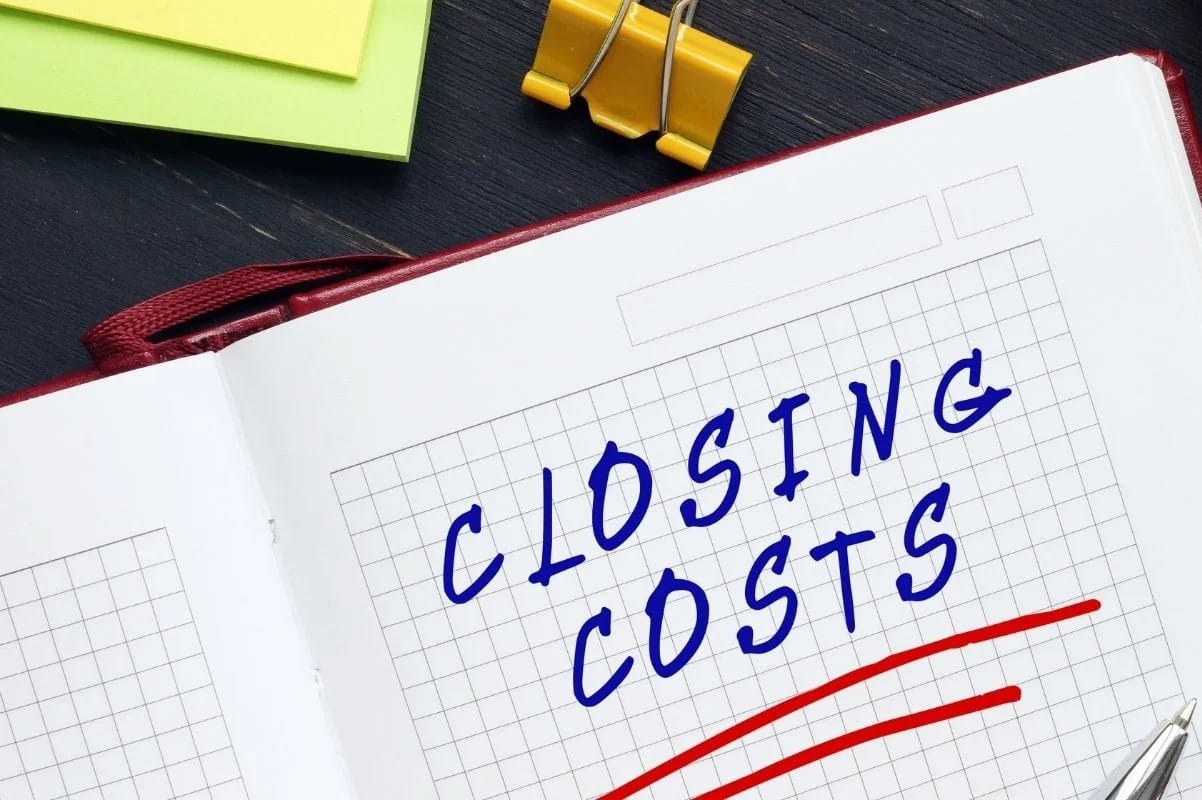Welcome to the blog post on knowing who pays closing costs and how to save money on them. Closing costs can be a huge culprit in preventing home buyers from finding their dream homes, as well as adding unexpected fees to an already hefty down payment.
In this post, we will cover an overview of closing costs, discuss who are responsible for these fees, provide ways for buyers to reduce their burden of these costs, offer tips for negotiating with lenders and make an insightful conclusion. Read on to learn more about this important topic.
Overview Of Closing Costs
Closing costs are fees charged when a home is purchased or refinanced. They typically include lender's fees, title insurance, and other administrative charges that come with the loan. These costs can vary greatly depending on the buyer’s loan program as well as their location.
Knowing who pays closing costs can help buyers understand what to expect at the end of the process and how to negotiate them with sellers or lenders to reduce costs. Both buyers and sellers need to be aware of these fees so they can budget accordingly and know who will bear the brunt of the financial burden.
Who Pays Closing Costs?
When it comes to closing costs, there is no one-size-fits-all answer to who pays them. Generally, they are split between the buyer and seller and the amount that each party pays can vary significantly depending on the agreement negotiated between them.
In some cases, there may even be third-party fees involved that both sides need to cover. There are, however, several ways that buyers and sellers can work together to minimize their closing costs, such as asking for a credit from the seller towards certain closing costs or having a portion of their loan origination fees waived by their lender.
Ways To Reduce The Burden Of Closing Costs
Closing costs can be a major burden when purchasing a home, but there are ways to reduce the amount you must pay. Start by shopping around for a lender that offers lower fees and better rates. Also, consider working with a real estate attorney who will negotiate your closing costs and provide helpful advice during the home buying process.
Additionally, ask your lender about any discounts or credits they may offer to close on the mortgage loan. Finally, make sure you do research on all of your closing costs before agreeing to the deal so you can understand where each fee is coming from and if it is necessary. With these steps in mind, you can save money on closing costs and find a solution that works best for your budget.
Tips For Negotiating With Lenders
When it comes to negotiations with lenders, it's important to realize that what you can and cannot negotiate will depend on the situation. Make sure to research your lender, understand the terms of the loan, and familiarize yourself with the current market conditions prior to starting any sort of negotiation.
Additionally, make sure you have a clear understanding of all possible fees associated with the loan and potential closing costs. When negotiating, emphasize any points that could save you money such as a larger down payment or an ability to close quickly. Finally, be prepared for pushback from your lender and be willing to compromise in order to find an acceptable solution for everyone involved.
Conclusion
In conclusion, closing costs can add up quickly when buying a home. Knowing who pays these costs, along with steps to save money on them, is invaluable information for anyone preparing to buy a home.
Understanding local and federal laws related to closing costs can also help ensure that a buyer does not end up having to pay more than expected for their new home. By doing research and being aware of the different types of fees due at closing, buyers can be better prepared for what lies ahead and avoid any surprises when it comes time to sign the paperwork.


